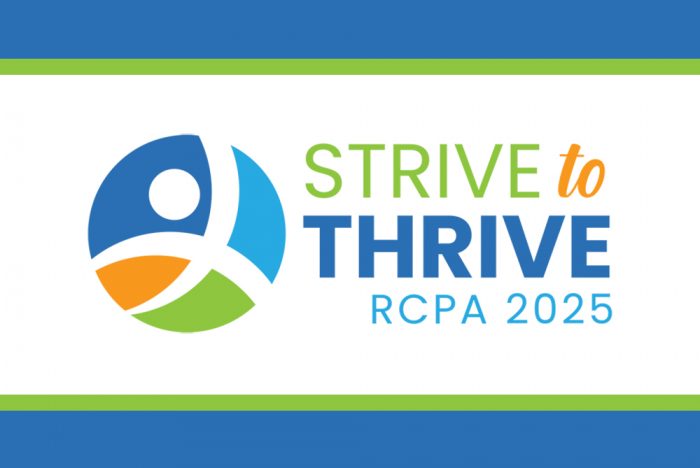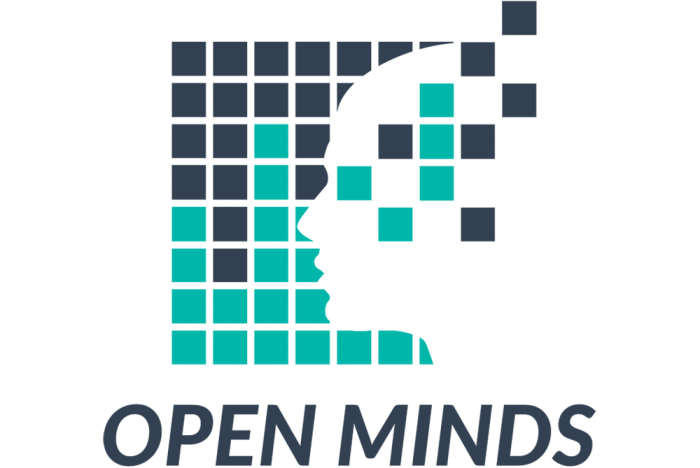The Administration for Children and Families (ACF) Children’s Bureau will be conducting a Title IV-E Federal Review for Pennsylvania (PA) in July of 2026. These reviews are mandatory every three (3) years and includes a systematic monitoring of the Title IV-E Foster Care Program. This program provides the cost of foster care maintenance, administrative expenses to manage the program, and training for staff and foster parents. PA’s period under review (PUR) will begin this October 1 and last through March 31, 2026. A random sample of 100 cases of youth in Foster Care will be selected.
In essence, the review considers:
- Judicial determinations regarding reasonable efforts and child’s best interest;
- Timely court hearings and determinations;
- Voluntary placement agreements;
- Responsibility for placement and care vested with state agency;
- Eligibility for Aid to Families with Dependent Children (AFDC) under the state plan in effect July 16, 1996;
- Placement in a licensed foster family home or child-care institution; and
- Safety requirements for the child’s foster care placement.
What does this mean for you? The Children’s Bureau will review County and Provider case files of the selected child and all their placement detail. The records must be able to show compliance with Federal Regulations as well as the Child Protective Services Law. The review includes the licensing of all agencies with particular attention on:
- Criminal Clearances for all staff, including those who are not child serving and those who are no longer employed;
- No lapse in licensing where Title IV-E claims were made (particularly in single foster homes);
- Fingerprints provided prior to the licensing date;
- Safety Considerations document for staff and foster parents with criminal charges or critical incidents;
- All trainings required for staff and foster parents having been completed; and
- Clearances for Household Members by 30 days after their 18 birthday.
As such, on August 4, 2025, from 10:00 am – 12:00 pm, OCYF will be offering a virtual training option to learn more about this review. OCYF will complete the following:
- Review details expected during the review;
- Brainstorm PA’s strengths and areas in need of improvement;
- Create tools to ease document collection; and
- Address communication gaps.
To register for this virtual training option, please fill out the form here. Please note that the form mentions an in-person option, but OCYF will now only be offering the virtual option.
Please feel free to contact Caitlin Robinson with any questions regarding the registration of this training. Thank you in advance for your participation in this meeting. OCYF appreciates your partnership and cooperation as they move closer to critical audit for PA.
















